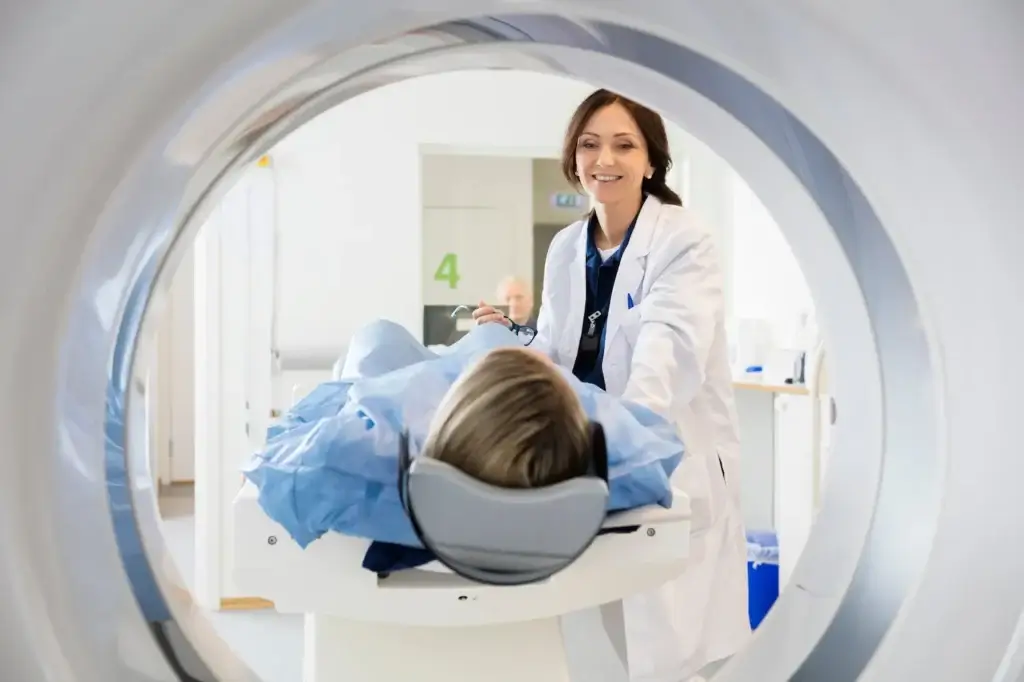Health Hub
How inflammatory bowel disease (IBD) can affect your sexual health
Checked for accuracy by Mrs Orli Rhodes

If you’ve recently been diagnosed with inflammatory bowel disease or are experiencing the symptoms of IBD, you be worried about how it can affect your sex life.
Most people with inflammatory bowel disease are capable of being sexual intimate, but sometimes medications, surgery or even just the stress of the disease can cause your sex drive to drop.
It can be embarrassing if you’re experiencing diarrhoea while trying to be intimate and often the pain associated with the disease can be a mood killer as well. Many people experience a significant drop in libido due to an adrenal hormone production imbalance which can stop the desire for sex altogether.
Psychological and physical effects of IBD
King Edward VII’s Hospital dietician Orli Rhodes also added that the psychological impact can be just as great as the physical in making people feel uncomfortable.
“Inflammatory bowel disease has no direct impact on sexual function, however, the psychological impact can sometimes cause individuals to feel uncomfortable with their body image,” she added. “If patients are suffering for something, [they] should be as open as possible and ask for help.
“Side effects of treatment may impact a patient’s interest in sex and intimacy or [cause] complications such as erectile dysfunction in men,” Rhodes continued. “IBD can be very disruptive to those affected and limit their interest in sex; having to work around symptoms like diarrhea and extreme tiredness may impact their sex drive. But with symptoms managed effectively, there’s no reason a patient can’t go on to enjoy sex and intimate relationships.”
Managing IBD with your social life
When managing any long term or chronic illness, it can often feel like looking after your condition and having an active social life can be at odds with each other. But honestly and openness with friends, family and partners can often lead to better relationships and new support systems.
Orli Rhodes suggests that “The condition may impact your social life at some points, particularly when experiencing a flare-up of symptoms. Many may find that they can’t spontaneously commit to social plans, or need to think in advance about facilities available to them if they’re going out or staying away from home.”
“Honesty and openness can help friends and potential partners understand what you’re going through, though,” Rhodes continued. “Discussing your diagnosis and the impact it has on your needs can help to make social engagements feel less stressful and give your loved ones a better understanding of why you may need to cancel plans at the last moment or leave an event early.”

Dinner dates and going out with IBD
Going out for dinner can often feel like a minefield if you’re living with inflammatory bowel disease. Although there’s no one size fits all, you’re normally advised to refrain from eating foods that can cause inflammation, such as caffeine, alcohol, greasy food and refined sugars.
“Crohn’s and colitis sufferers may find that certain foods exacerbate symptoms and may need to have a special diet,” Rhodes said. “Some may find that small changes, like avoiding spicy foods, are enough to manage symptoms, but others may need to make more extreme adjustments, and your diet may change at different times, becoming more restrictive during flare-ups.
For example, liquid diets are often prescribed to patients with extreme symptoms. IBD patients should always strive for a balanced and healthy diet. Eating foods high in antioxidants, such as good herbs and spices, oregano, ginger and turmeric, are recommended as well as foods high in omega-3 and omega-6, such as oily fish.”
With that in mind there are now plenty of options for restaurants that are IBD friendly and if gluten can be a trigger most restaurants now offer a gluten free menu.
More information
- If you’re concerned about inflammatory bowel disease. speak to your GP who may refer you to a specialist. (Don’t have a GP?)
- The King Edward VII Hospital’s Gastroenterology is equipped with the latest technology, services and staff to diagnose, treat and manage all types of gastric issues, including IBD.
Article Sections
Latest Hospital News
Should you wish to speak to our press team, please visit Press Enquiries





